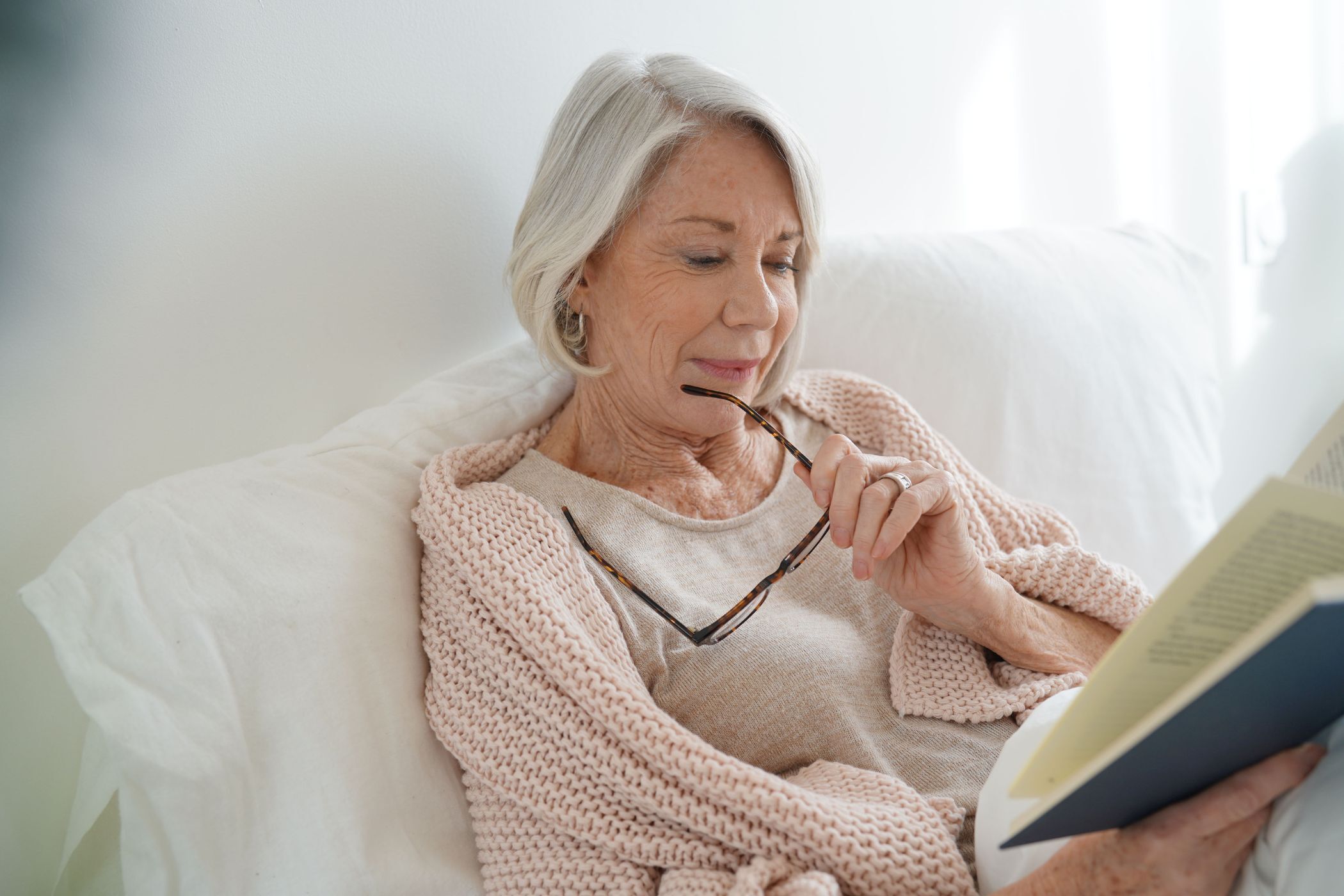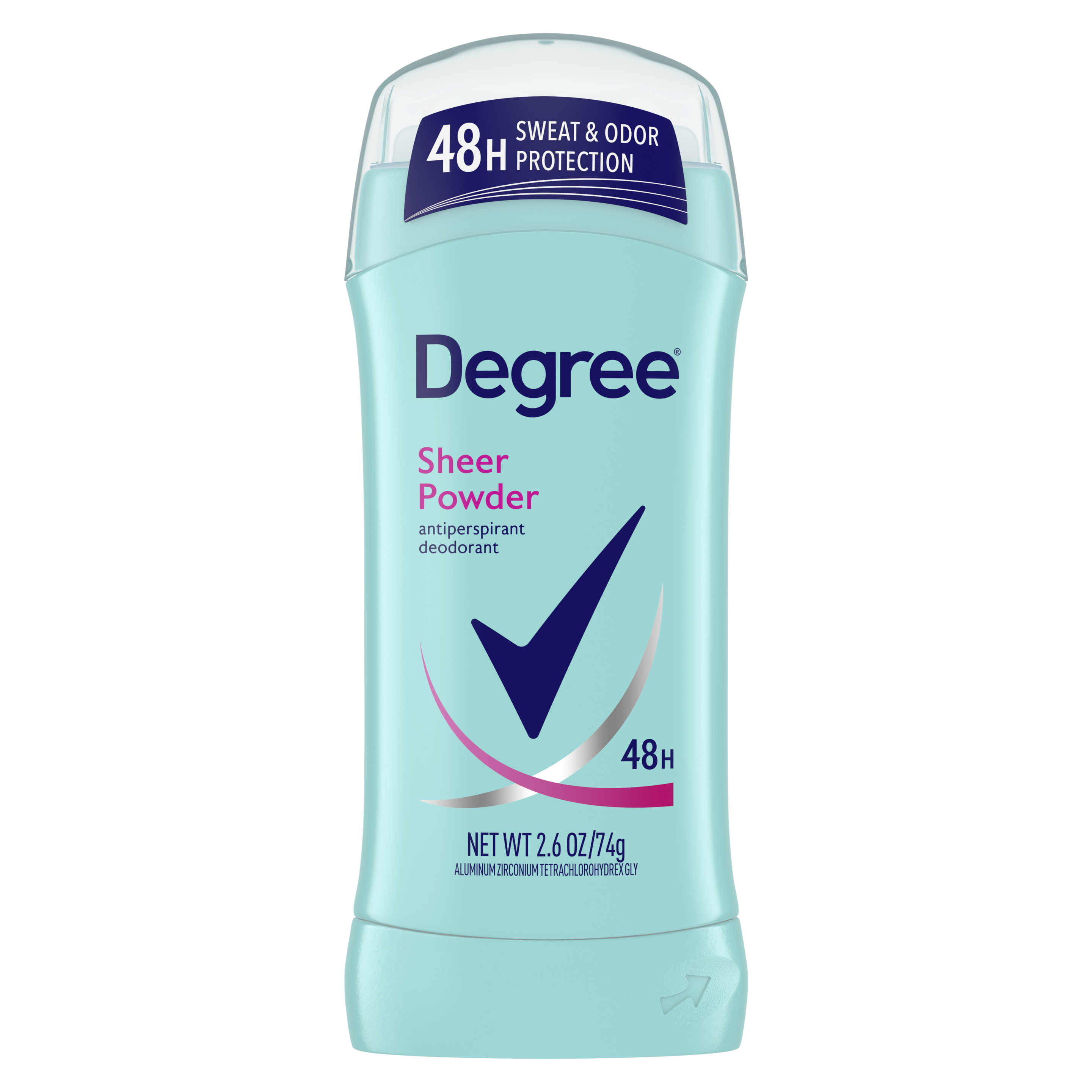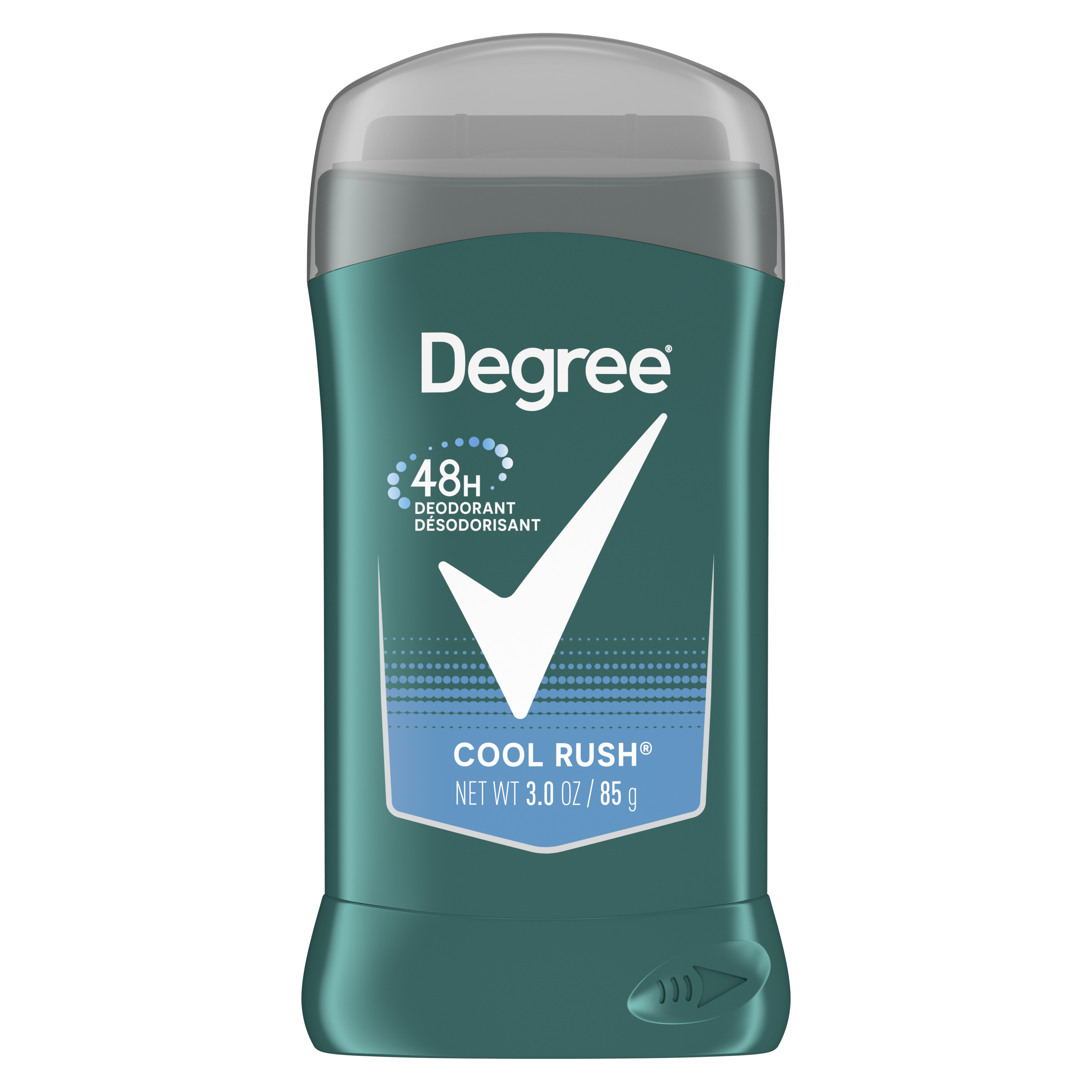COMBAT NIGHT SWEATS: 7 WAYS TO REDUCE SWEATING IN YOUR SLEEP
Ever woken up drenched, as if you've just run a marathon in your dreams? Night sweats can leave you wondering, “Why do I sweat in my sleep?” We uncover the common causes of night sweats, affecting both men and women, and offer you seven strategies to turn those nighttime drips into sweet zzzs.
1. ADOPT STRESS-BUSTING TECHNIQUES
As night descends and the world quiets down, your mind may be doing the opposite—revving up to process the day's worries and prepping for tomorrow's tasks. This mental workout can lead to a restless night, causing you to sweat in your sleep.
If you feel anxious or overwhelmed before bed, try to establish a pre-bedtime ritual that helps your mind and body wind down. Engage in activities that you find calming. Read a book or practice yoga and meditation. Another tactic is to write down your thoughts or to-do lists before bed. This act of transferring your worries from mind to paper can be exactly what you might need to rest easy.
2. AVOID ALCOHOL BEFORE BEDTIME
Alcohol, while often seen as a relaxing end to the day, can turn your sleep into a sauna session. This is because alcohol has a way of meddling with your body's temperature regulation. It can make you feel warm and drowsy at first, but as the night goes on, it dilates your blood vessels, raises your body temperature, and makes you sweat more.
To combat this, drink a glass of water for every alcoholic drink you have. This helps keep your body temperature in check and can make tomorrow’s hangover easier to handle if you’ve overdone it.
Also consider when you’re having your nightcap. Enjoy your drink earlier in the evening, to give your body plenty of time to process the alcohol before you head off for bed.
Add a spray or swipe of deodorant or antiperspirant before you hit the hay to help reduce sweat through every toss and turn.
3. CHANGE UP YOUR SLEEPWEAR
Thick and heavy pajamas might be cozy, but they can also trap heat. Go for breathable fabrics to help regulate your body temperature —think cotton or moisture-wicking materials like bamboo—serving as your personal climate control.
Sweating in your sleep is common in men and women and can be linked to various causes, including stress, anxiety, hormonal changes or underlying medical conditions. Add a spray or swipe of deodorant or antiperspirant before you hit the hay to help reduce sweat through every toss and turn.
4. ADAPT YOUR SLEEP ENVIRONMENT
Your bedroom setup plays a pivotal role in your sleep quality. A room that's too warm or a plush mattress that hugs your heat can contribute to sweating.
Consider changing your sheets and getting a special mattress protector, designed to promote airflow and regulate temperature. Opt for materials that speak the language of breathability and moisture control like lightweight cotton, bamboo, or advanced blends.
An air conditioner or fan gives you the power to set the stage for your ideal sleep conditions. Find that sweet spot where your body can maintain its natural rhythm without breaking into a sweat.
Finally, add a touch of green to your bedroom. A plant isn't just decor; it's a living, breathing companion that works while you rest. It's a natural air purifier, and a silent sentinel that absorbs toxins and exhales fresh oxygen.
5. CHECK MEDICATION SIDE EFFECTS
Certain medications, like antidepressants and diabetes treatments, come with the steamy side effect of sweating while you sleep.
If you're experiencing night sweats, have a candid conversation with your doctor. They can help you navigate the complex interplay between your prescriptions and your perspiration. Find out if you can swap out your medication so that it isn’t a stumbling block on your path to a good night's sleep.

6. NAVIGATE MENOPAUSE
Hormonal changes during menopause can send your internal climate control into a frenzy. Hot flashes and night sweats are common, but there are treatments and lifestyle changes that can help.
Stock your kitchen with fruits, vegetables, and whole grains, and reduce caffeine and spicy foods that can provoke your internal thermostat. Staying hydrated is also essential, so keep that water bottle close at hand.
Hormone replacement therapy (HRT) can help balance the hormonal fluctuations that trigger your body's heat waves. Consult with your healthcare provider and find a treatment that resonates with your body's rhythm.
7. ASK YOUR DOCTOR ABOUT HYPERHIDROSIS
If you're sweating more than a spin class without moving a muscle, it might be time to rev up your action plan.
Hyperhidrosis is a condition that causes excessive sweating, regardless of heat or exercise. You might be sitting still, far from the heat of the sun or the exertion of a workout, and yet, your body acts as if you're hiking in the tropics.
Fear not, for this is not a battle you need to fight alone. Advanced antiperspirants can help to manage the sweat, and the medical world may have a solution that can calm the nerves triggering your sweat glands.
While sweating in your sleep can be a nuisance, it doesn’t have to ruin your slumber. Understand the potential causes and take proactive steps: optimize your sleep environment, change your action plan and use powerful antiperspirant technology to tackle the problem head-on. While sweating is a natural process, get help if your night sweats are soaking through your sheets.



